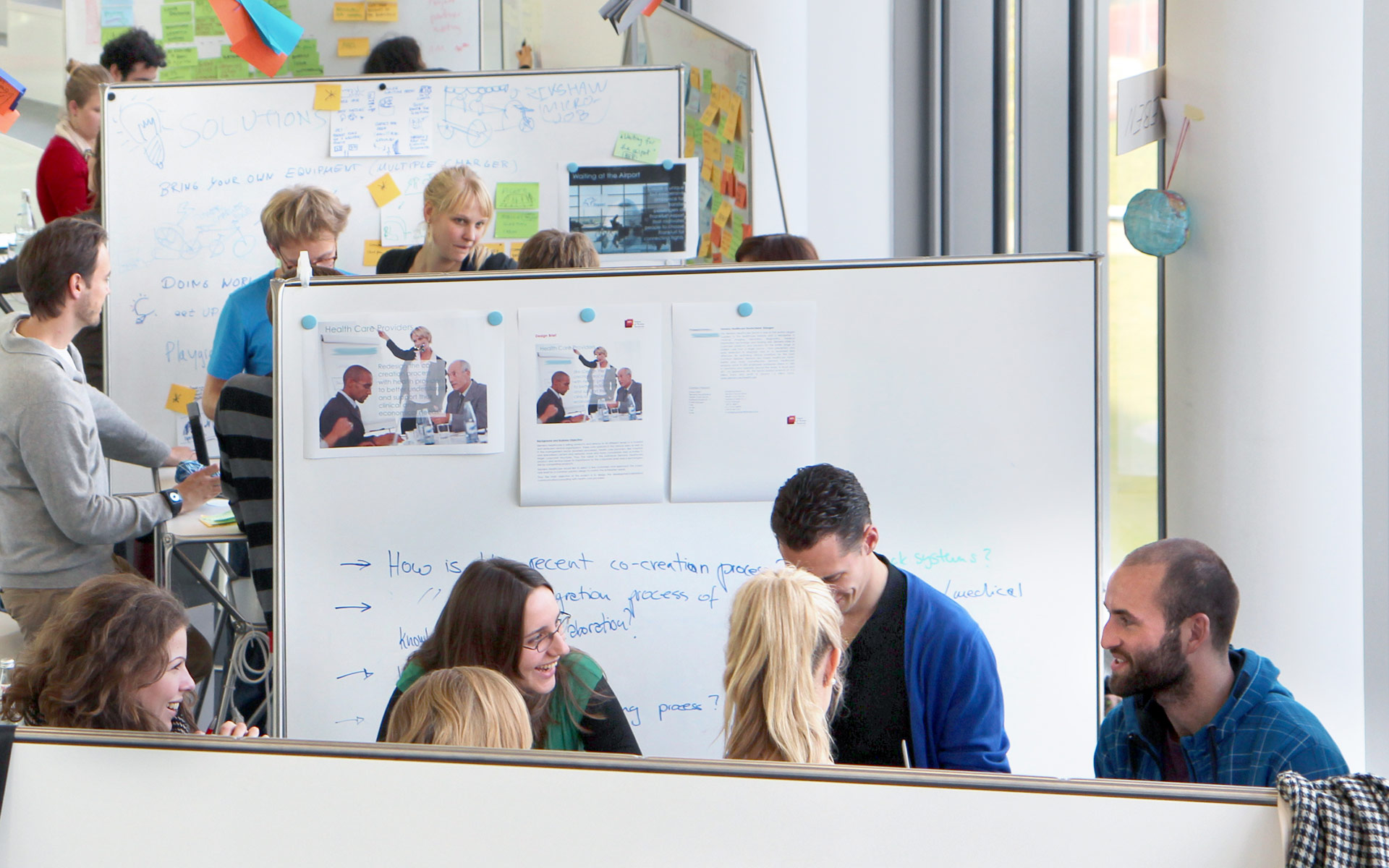PI: Prof. Allan L. Reiss
Abstract
The overarching goal of this research is to ascertain the neurocognitive foundation and sustainability of creative capacity enhancement and design thinking. This goal will be achieved by comprehensive analysis of unique, longitudinal high-dimensional data captured with multimodal neuroimaging (magnetic resonance imaging and near-infrared spectroscopy) and behavioral methodologies. Additionally, we propose to develop a novel 21st century test for assessing design and innovation, and by extension, creativity, in healthy adults. Lastly, we propose to expand our examination of ultra-portable brain imaging methods in identifying the neural correlates of creativity in individuals to study team-creativity in naturalistic conditions.
Key objectives include:
- Continue to mine the rich multimodal dataset to better understand how individual differences in behavior and brain are associated with creative capacity enhancement and its sustainability at short- (5-weeks) vs. long-term follow-ups (1-year).
- Widely used divergent thinking tests to assess creativity (e.g., TTCT) do not measure design thinking principles and innovation. Thus, we propose to develop and test a novel Design Thinking Creativity Test (DTCT), which measures an individual’s ability to exercise/apply their creativity during an actual innovation event.
- Extend our previously proposed methods to examine individual creativity in naturalistic and unrestrictive environments for assessing team-creativity.

